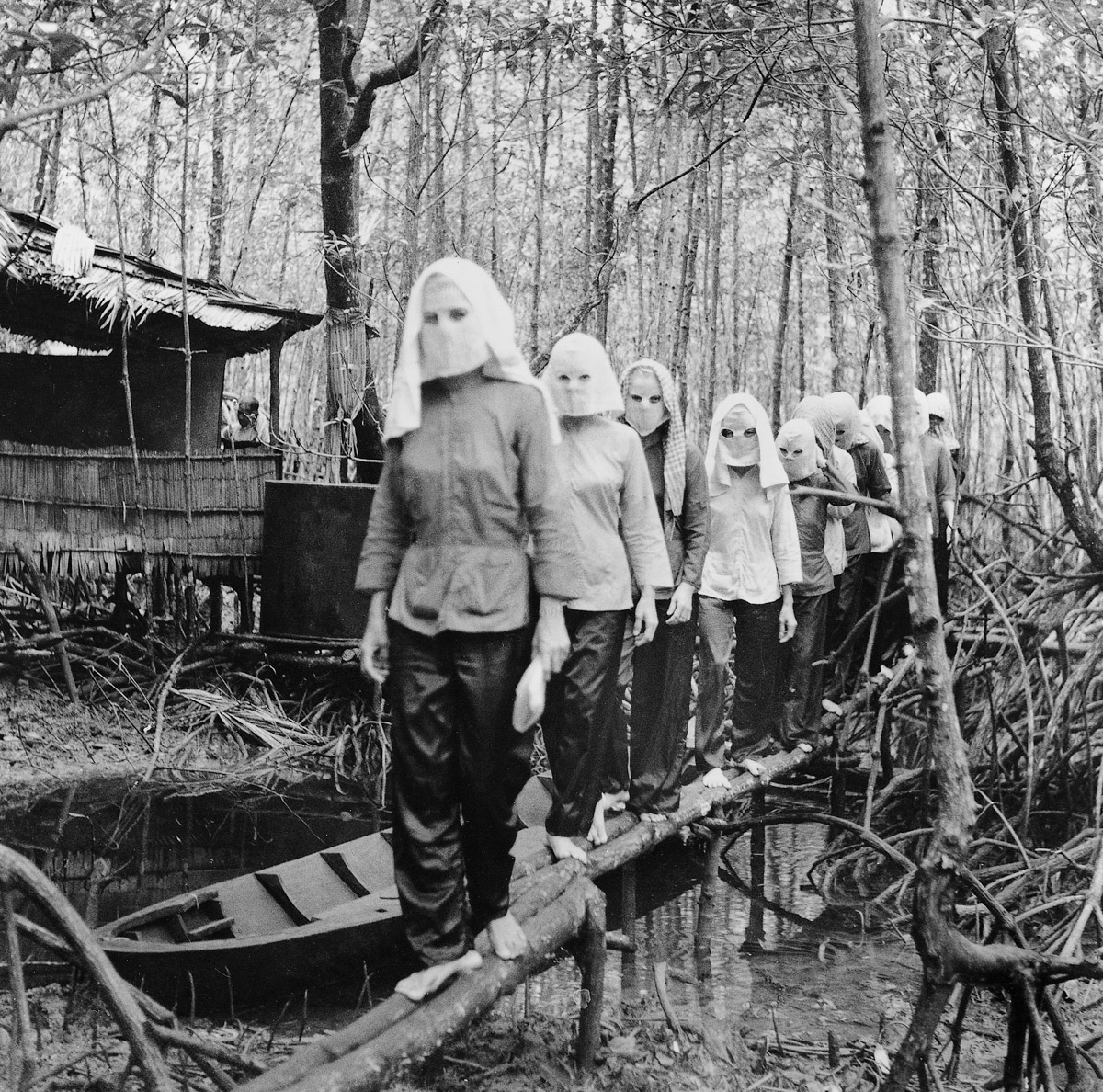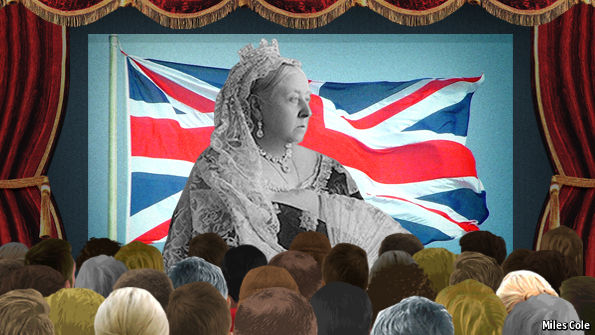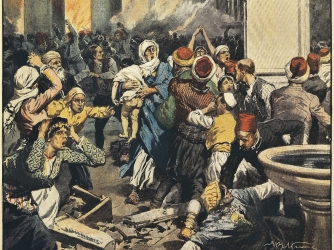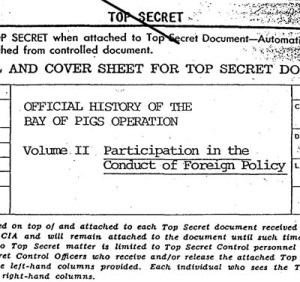Jon Piccini
Australian Catholic University
On July 26 1971, a top secret cabinet meeting ended what was then Australia’s longest conflict. The public would hear about it for the first time in August, when Prime Minister William McMahon announced the withdrawal of Australian forces from Vietnam.
Eighteen months — and a change of government later — Australia’s Vietnam War was over. Alongside untold Vietnamese, some 521 Australians had died in conflict, including 202 national servicemen.
The end of Australia’s war also saw the wrapping up of a novel and now largely forgotten organisation. The Ex-Services Human Rights Association of Australia was founded in October 1966 by former servicemen and women who “oppose militarism” and “believe that National Service […] should not involve conscription for foreign wars”.
The final issue of the group’s newsletter, Conscience, in February 1972 paid special tribute to Martin Leslie (Les) Waddington, a World War II veteran and leather goods manufacturer, and the group’s “spiritual leader, and greatest workhorse”.
Fifty years since Australia officially began withdrawing from Vietnam, my forthcoming article reflects on how Waddington exemplified an undercurrent of anti-war citizen soldiery in Australia.
Continue reading “The forgotten Australian veterans who opposed National Service and the Vietnam War”





You must be logged in to post a comment.